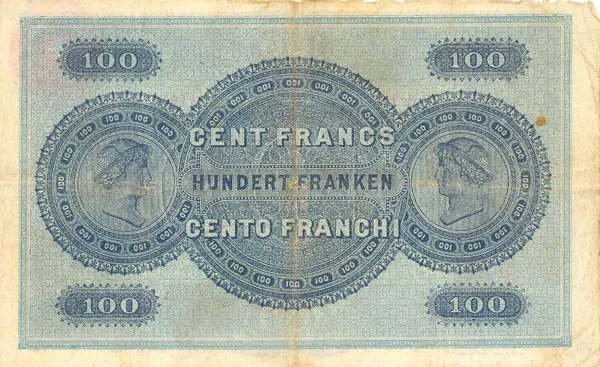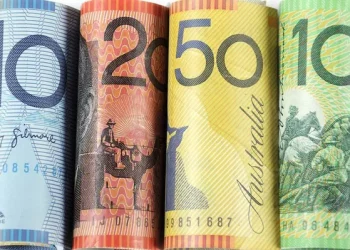The USD/CHF pair slipped to around 0.9110 on Thursday, ending a five-day winning streak during the early European session. The decline comes as concerns over U.S. President Donald Trump’s proposed trade tariffs and a weakening U.S. Dollar (USD) weigh on the currency pair. Investors now turn their attention to upcoming U.S. economic data, including weekly Initial Jobless Claims and the Producer Price Index (PPI), set for release later in the day.
On Wednesday, Federal Reserve Chair Jerome Powell reiterated that the central bank is in no rush to cut interest rates but acknowledged “great progress” in controlling inflation during his second congressional testimony of the week. The USD softened as traders took profits and reassessed whether January’s hotter-than-expected inflation report was a temporary deviation or an early sign of persistent price pressures.
According to data from the U.S. Bureau of Labor Statistics, the Consumer Price Index (CPI) rose 3.0% year-over-year in January, exceeding expectations of 2.9% and up from the previous 2.9% reading. Core CPI, which excludes food and energy, climbed to 3.3%, surpassing forecasts of 3.1% and the prior reading of 3.2%. On a monthly basis, headline CPI inflation jumped to 0.5% from 0.4% in December, while core CPI increased to 0.4% from 0.2%.
Meanwhile, geopolitical tensions in the Middle East are providing support for the safe-haven Swiss Franc (CHF). Israeli Prime Minister Benjamin Netanyahu warned on Tuesday that the ceasefire in Gaza would end, and Israel would resume “intense fighting” if Hamas does not release hostages by Saturday noon. The heightened uncertainty is boosting demand for the CHF as investors seek refuge in lower-risk assets.
Related Topics:

























